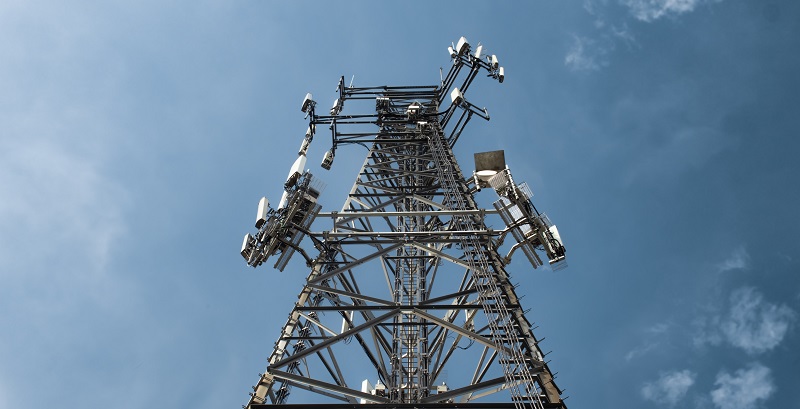Since the COVID-19 pandemic, businesses worldwide have experienced a rapid increase in digital transformation. With remote work becoming the new normal, employees depend on a reliable internet connection to maintain productivity and communication with colleagues. A robust and efficient WiFi network has become critical for holding business operations together, making upgrading to the latest WiFi infrastructure a top priority.
Reasons to Upgrade Wifi Setup
There are six key reasons to consider upgrading your Wifi setup. First, as mentioned earlier, Wifi networks are essential for modern businesses, allowing employees to collaborate, share resources, and access cloud-based services. Second, there has been a significant increase in the number of devices competing for Wifi network resources, including smartphones, laptops, tablets, and IoT devices. Third, outdated Wifi infrastructure may struggle to handle the latest technologies used in everyday business operations.
Upgrading to WiFi 6 can address some of these key concerns
WiFi 6 is the sixth version of the WiFi standard, providing faster data speed, improved performance, and better connectivity in areas with heavy WiFi transmissions. The technology offers multi-user, multiple-input, multiple-output (MU-MIMO) technology, allowing multiple devices to transmit data simultaneously. Furthermore, it optimizes performance in high-traffic areas and reduces latency. WPA3 is a significant improvement in Wifi security and provides better encryption standards, addressing a major issue with older Wifi infrastructures – security. Unlike WPA2, WPA3 eliminates some of the vulnerabilities that hackers commonly exploit to gain unauthorized access to Wifi networks. With WPA3, businesses can ensure secure internet connections to protect their information and data.
Impact on Business
Upgraded networks offer businesses several benefits, such as easier integration of new technology innovations. They allow for significant opportunities for business expansion and rapid digital transformation. Improved Wi-Fi network speeds can result in increased productivity and improved employee satisfaction. Slow or unreliable networks often lead to a loss of productivity due to downtime and poor employee focus.
The upcoming launch of Wifi 7
The future of WiFi networks looks promising with the upcoming launch of Wifi 7 expected by the end of 2023. It promises even faster internet speeds and a more robust infrastructure. Sticking to outdated networking infrastructure puts businesses at risk of losing their market advantage, fail to keep up with competitors, and are prone to cyber threats. Therefore, it’s always best to stay up-to-date and upgrade your business WiFi network to the latest available infrastructure.
In conclusion, upgrading to the latest Wi-Fi infrastructure is critical in today’s rapidly growing digital landscape. Businesses worldwide are experiencing the benefits of upgrading their digital infrastructure as it improves employee productivity, reaches new customers, and expands their business operations. With the new Wi-Fi 7 launch expected in the next few years, it’s imperative to stay one step ahead and keep up with the latest technology trends. Upgrading your business Wi-Fi infrastructure today is the foundation to ensure successful and sustainable growth in the future.

